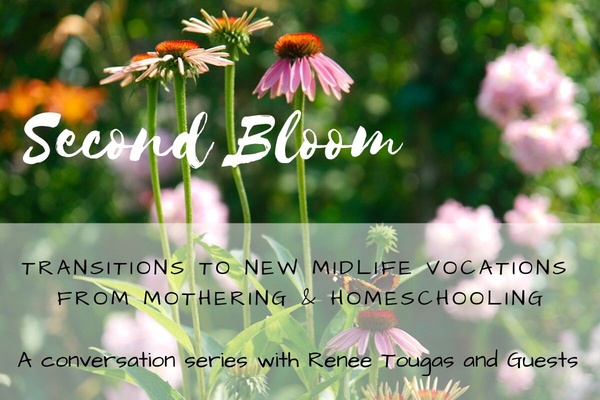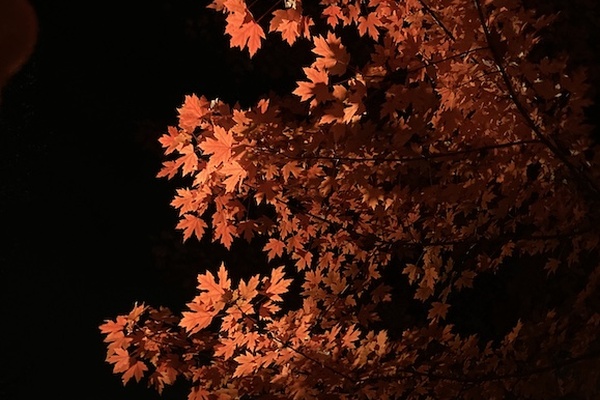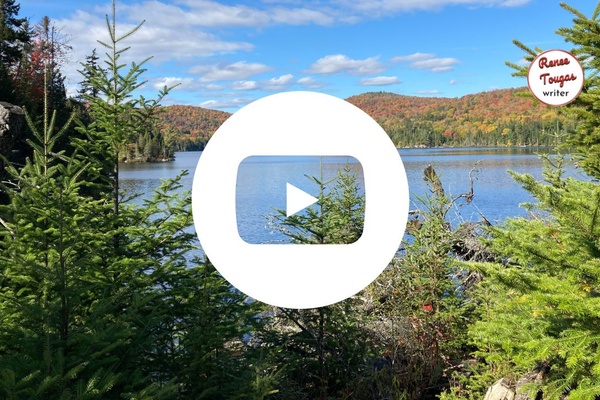Get posts by email
Herbal Mushroom Chai (and some talk about adaptogens, stress, and anxiety)
February 7, 2018
If you want to go straight to the chai recipe, you can view and download that here. What follows below is talk about drinking mushrooms, learning about adaptogens, cortisol, stress, managing anxiety. You know, all that fun stuff.
One of the things I love about winter is hot drinks. Throughout the afternoon and early evening I drink tea, herbal mixes of my own design, green tea; or if it's early enough in the day, a nice cup of hot black tea. But my favorite brew is a spicy, milky chai.
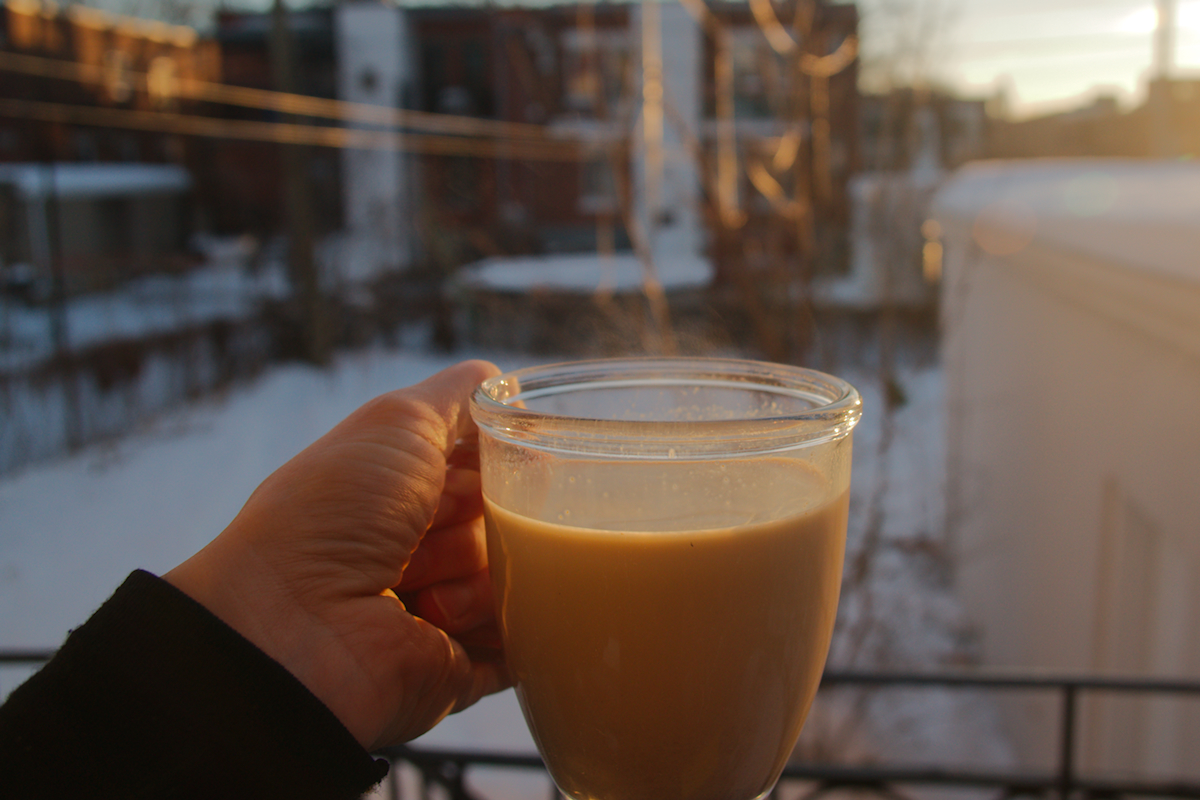
I love chai. For many years, I only drank chai in its more traditional black tea preparation. (I still enjoy that.)
And then, a few years ago, two of my favorite bloggers introduced me to homemade herbal chai. Heather taught a chai making tutorial in her Hibernate class based on this recipe from Rachel's blog.
Those were great recipes, but what I wanted was a dry mix, instead of a refrigerated concentrate, that I could store and use when the chai drinking mood struck.
I set out to tweak the recipe. And about the same time, two winters ago, I started learning about chaga and other mushrooms.
Yeah, this is where it gets a little weird. (You had me till mushrooms...)
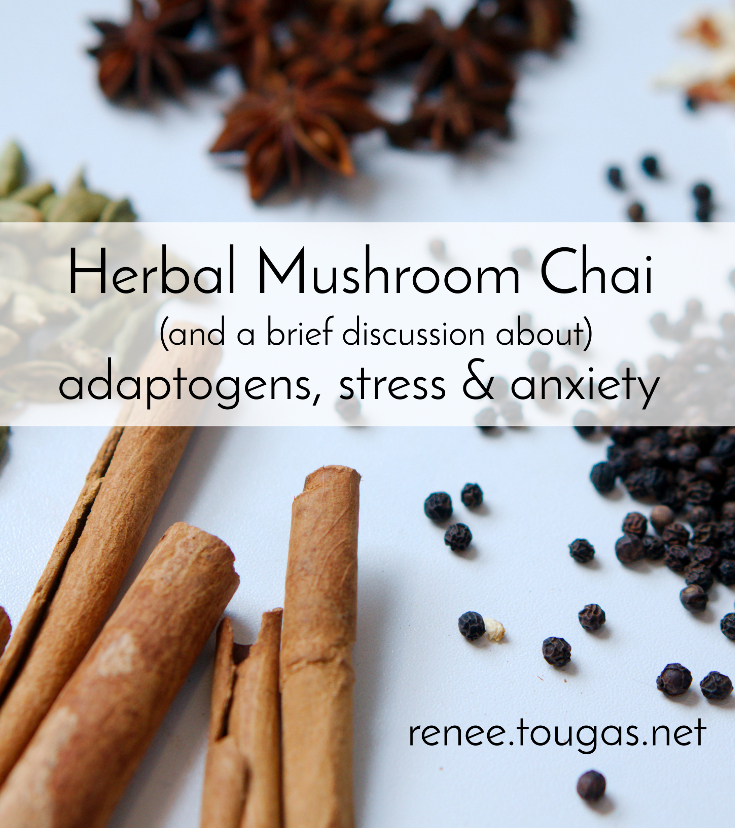
You know how certain foods, herbs, and supplements trend? Well, over the past couple years two things have been trending in my nutritional world, mushrooms and adaptogens.
I am not a nutritionist, naturopath, or otherwise qualified to explain much about how adaptogens work. My general strategy for studying nutrition or health is to learn what I need to know for the situation I find myself in. Make a few changes or tweaks to my diet, routine, or supplements, if necessary; and then promptly forget everything I read or researched so that I'm not very good at explaining that change or protocol to others.
However, I've been trying to hone my own understanding of adaptogens, and more specifically, my body's response to stress. Anxiety is a thing in my life and it's forced me to learn about my body. The more I can articulate what I've learned to others the more I "own" this knowledge. (This is true of all learning.)
Knowledge can be power when you use that knowledge to affect change. Understanding why and how I experience anxiety, and what I can do about it, is part of my journey for these early midlife years. The more I understand about my body's stress response, and can learn to interrupt, diffuse, arrest, or divert that response, the better I am at managing my anxiety.
So I will do my best to explain the little bit I understand about adaptogens as related to stress and anxiety.
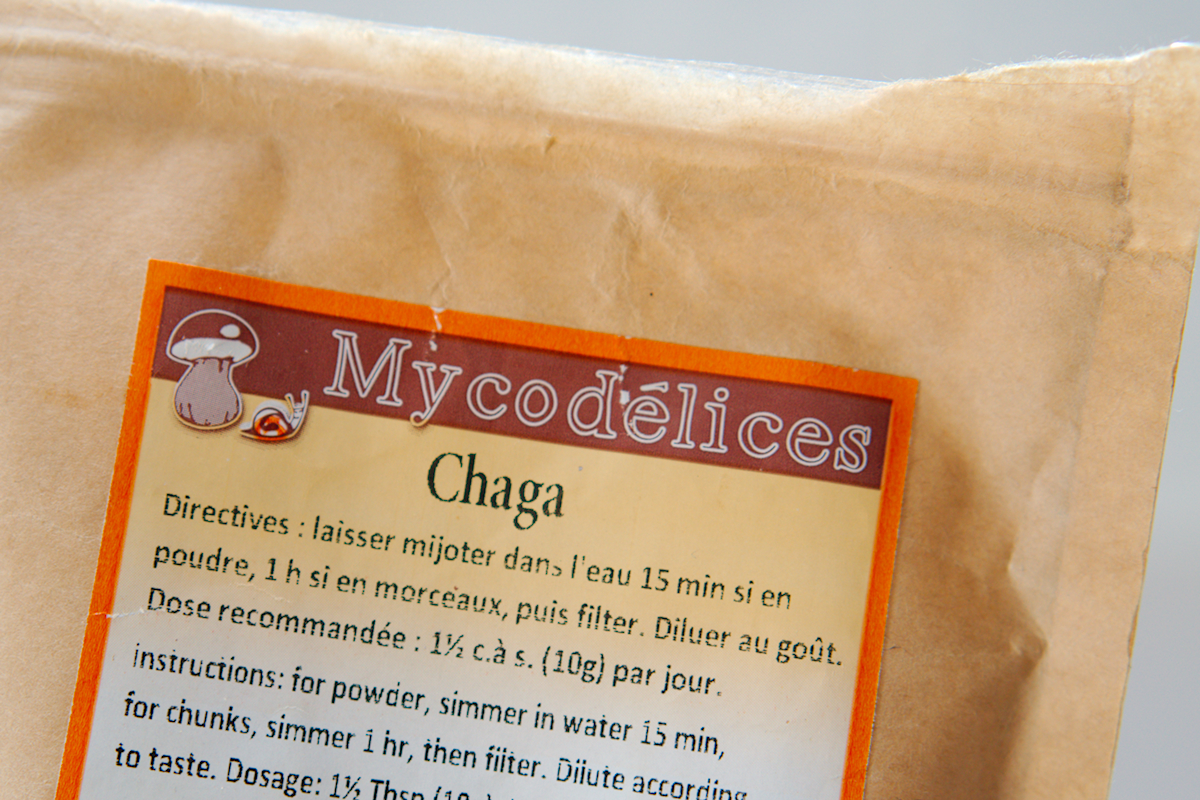
Adaptogens
Adaptogens are plant derived compounds that normalize endocrine function and promote adaptation to environmental stress. Adaptogenic herbs modulate stress responses, enhancing energy production and sleep quality and improving immune function. Journal of Restorative Medicine.
I refer you also to these resources about adaptogens:
- A Beginners Guide to Adaptogens for Adrenal Support
- 7 Adaptogenic Herbs or Adaptogens that Help Reduce Stress
- What Are Adaptogens and How Do They Work?
- Adaptogens: Herbs for Strength, Stamina, and Stress Relief
Here's how I define and understand adaptogens.
Adaptogens are tonic herbs, which help to improve the health of your adrenal system, assisting your body in "adapting" to emotional, physical, and mental stress.
This begs the question, what's a "tonic herb". In simplest terms, tonic herbs promote overall wellbeing by supporting, rehabilitating, and strengthening particular body systems. They are not specific action herbs, they don't work the way ginger soothes an upset tummy or elderberry helps your body fights a cold and flu viral infection.
Adaptogens don't have specific actions but they help the body respond to stress by assisting the body's stress-response systems. From what I can gather in my reading, they do this by "supporting" the adrenal glands.
Adrenal gland fatigue is a rabbit hole I'm not going down in this post. I'm just not qualified to talk about it.
What I do know is that the adrenal glands produce cortisol and this is a biological process thoroughly studied and documented in medicine and science. It's something I can understand.
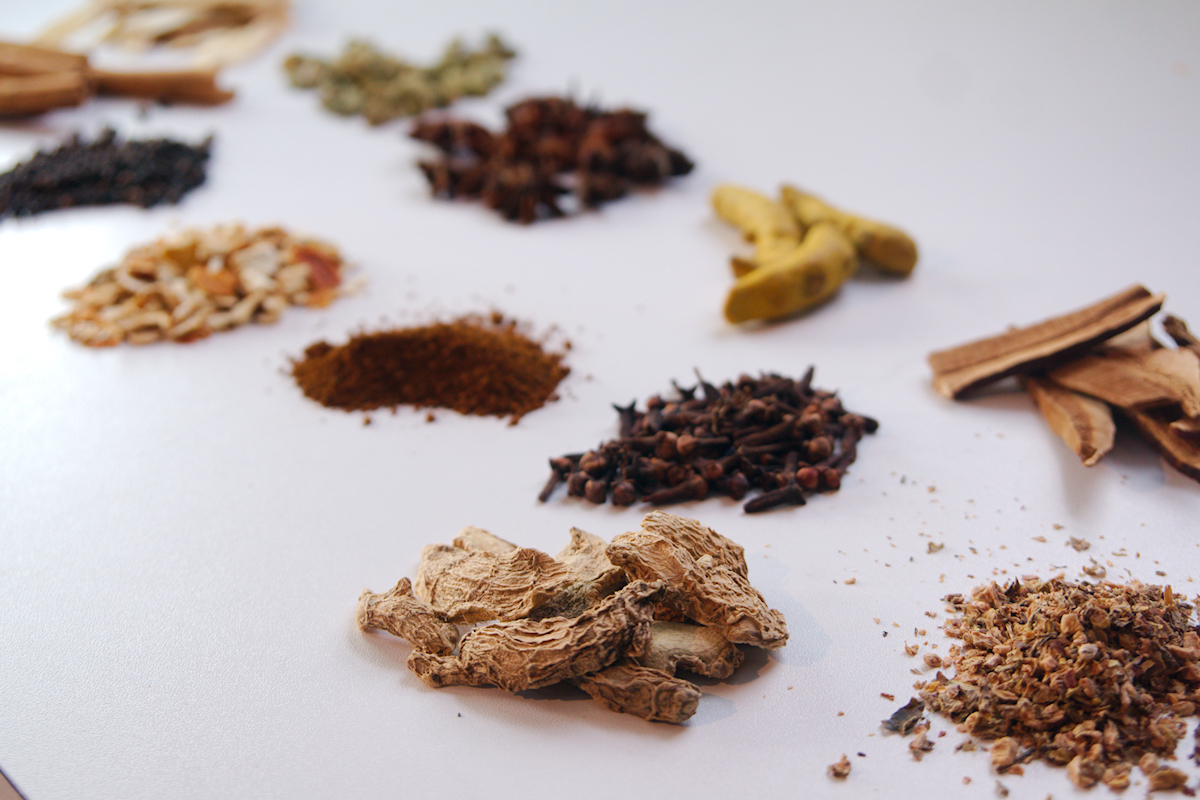
Cortisol & Stress
Cortisol is produced in our body, in response to stress. It's a necessary and needed response mechanism to help our body respond in flight, fight or freeze situations. In a stress situation, cortisol is released into our bloodstream and affects our digestive, musculatory, circulatory, and respiratory systems; all to prime us for response to a threatening situation.
People who struggle with anxiety perceive a lot of life as a threatening situation. More "threats", more cortisol.
Even if you don't struggle with anxiety, many people live with elevated levels of stress. So the adrenals are pumping more cortisol into our system than is healthy for our body. And our bodies, being beautifully designed machines (fearfully and wonderfully made) will respond with all kinds of red flags to tell us we're in trouble when this starts happening. The red flags are there to warn us, just like check engine lights on our car.
My own anxiety responses are my red flags.
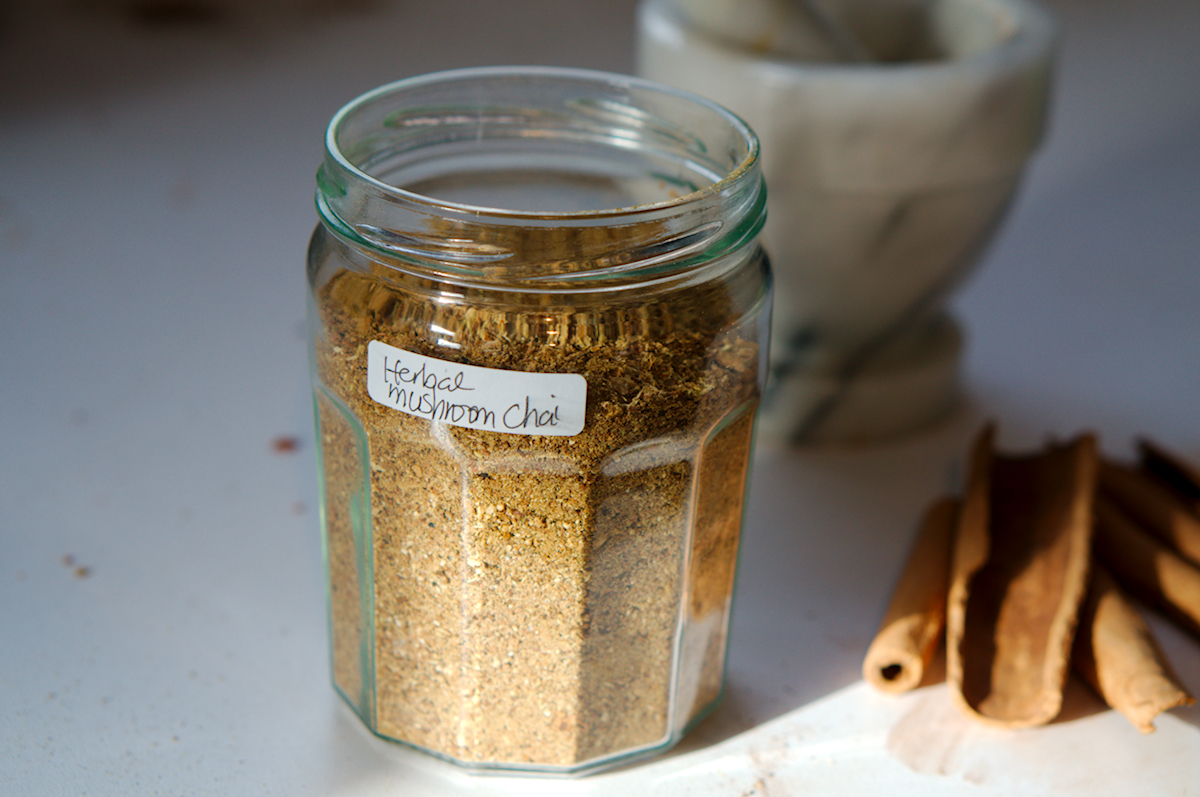
I studied hormone systems in my university biology classes but it's been my own experiences with stress and anxiety that have brought me back to these biological principles.
Our body's stress response is a complicated biological system but a simple summary goes like this - lower stress means lower cortisol levels, and lower cortisol levels means less side effects of chronically elevated cortisol including: anxiety, thyroid conditions, IBS, the common cold, hormone imbalance, etc. See this article on cortisol and stress for more information.
It's the anxiety part I care about. Also, general immune system functioning and overall wellbeing. I just want to feel good.
For me, adaptogens are a natural solution to try, in a holistic approach (mind, body, spirit) to mental, physical and emotional health and wellbeing.
Herbal Mushroom Chai
Click to view and print → Herbal Mushroom Chai
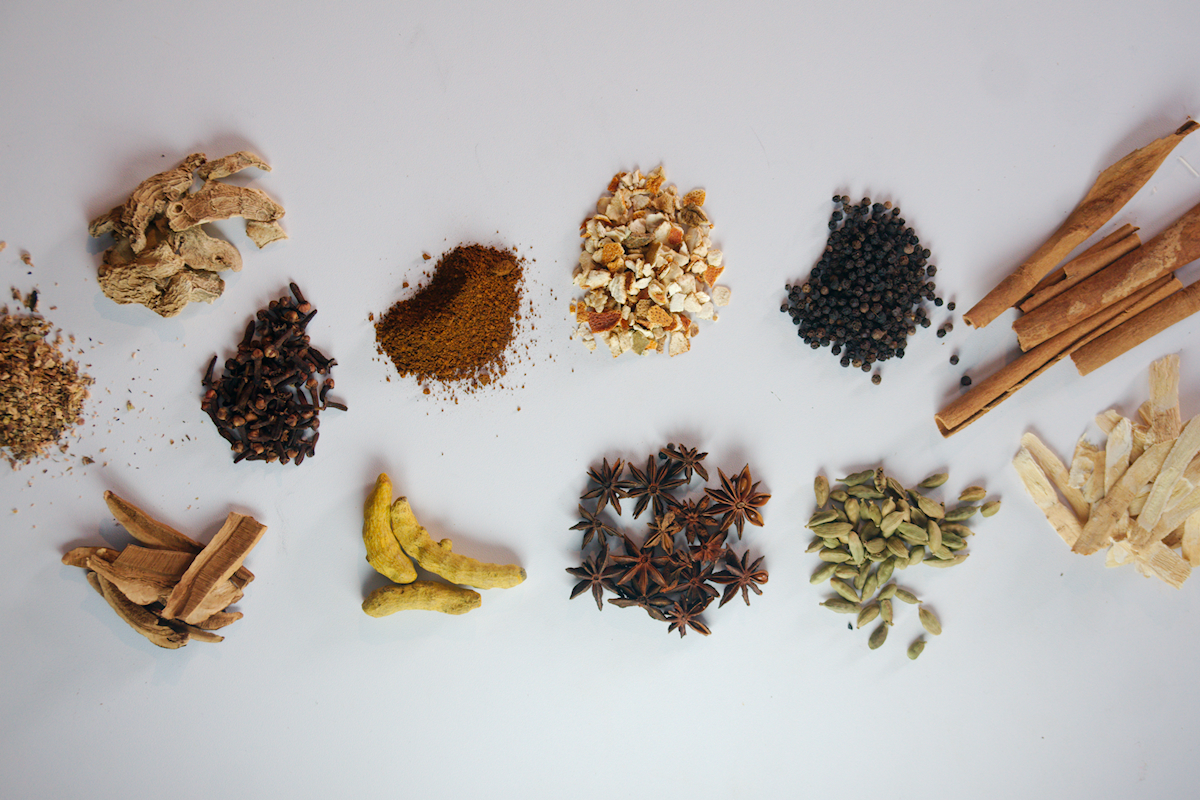
Over the past couple years I've experimented with adaptogens in capsule form, tinctures, and infusions (tea).
Herbal Mushroom Chai was one such experiment that yielded very tasty results.
I've been wanting to share this recipe for over a year now. As I sat down to finally write this post and draft a recipe that makes sense, I can see why it took me so long.
This is not a simple recipe to prepare. It's not the "all you need is a lemon, garlic, and honey" type recipe. It may be a bit of effort to source the ingredients and your preparation might be different than mine if you're using powdered ingredients to start. (As the photos in this post show I use dried whole ingredients.) I explain all that in the recipe download.
Herbal Mushroom Chai recipe download
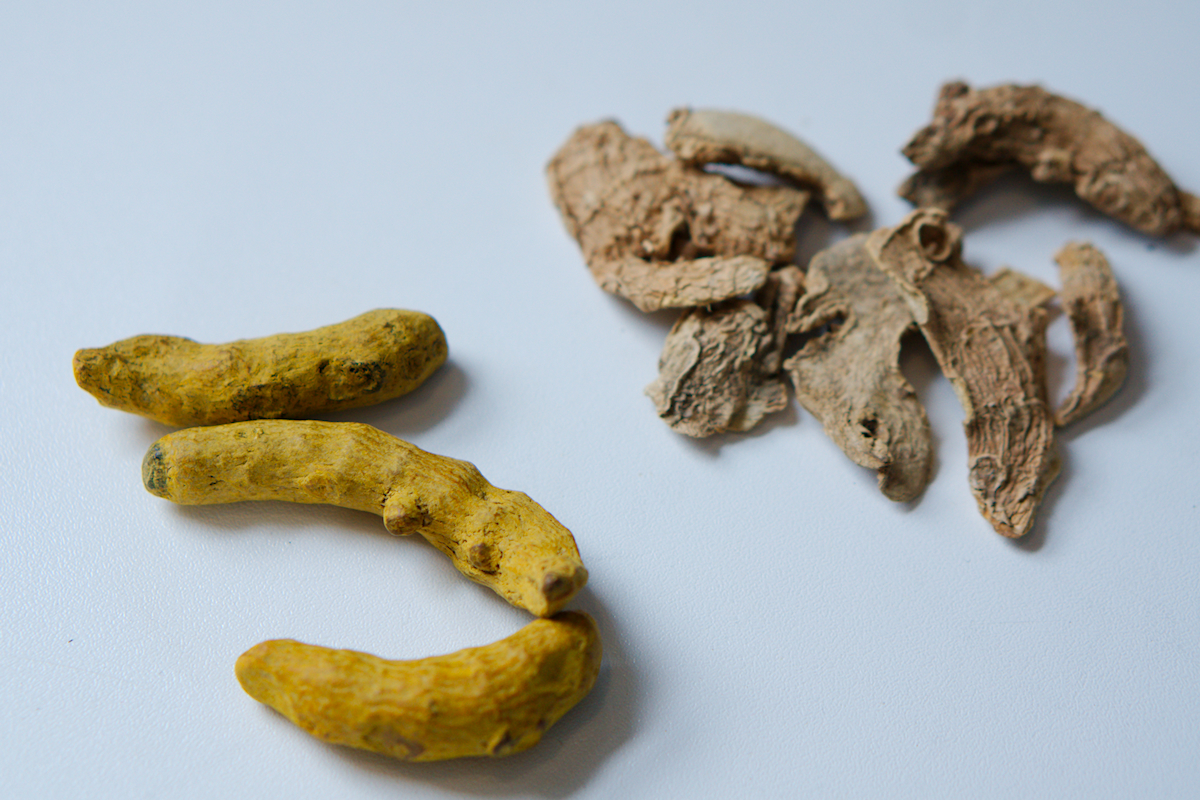
dried tumeric root and ginger root
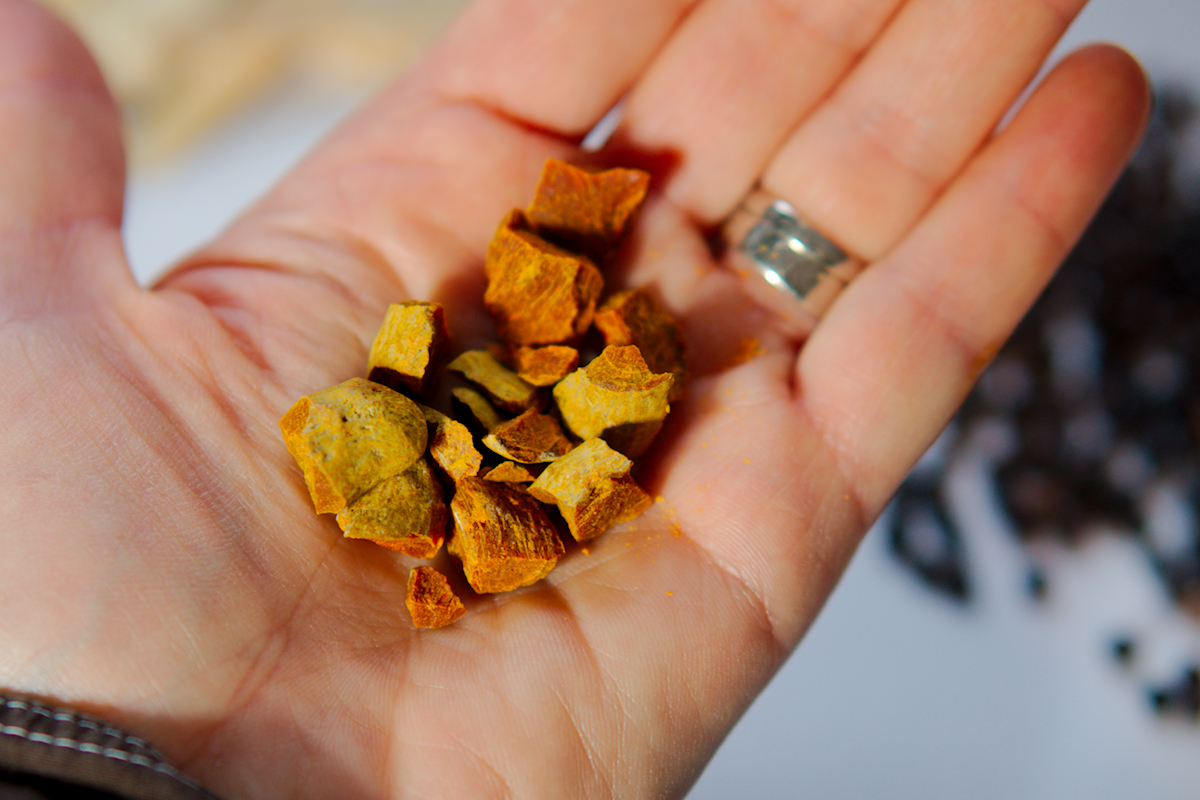
Using mortar and pestle I pound the tumeric into smaller chunks before blending
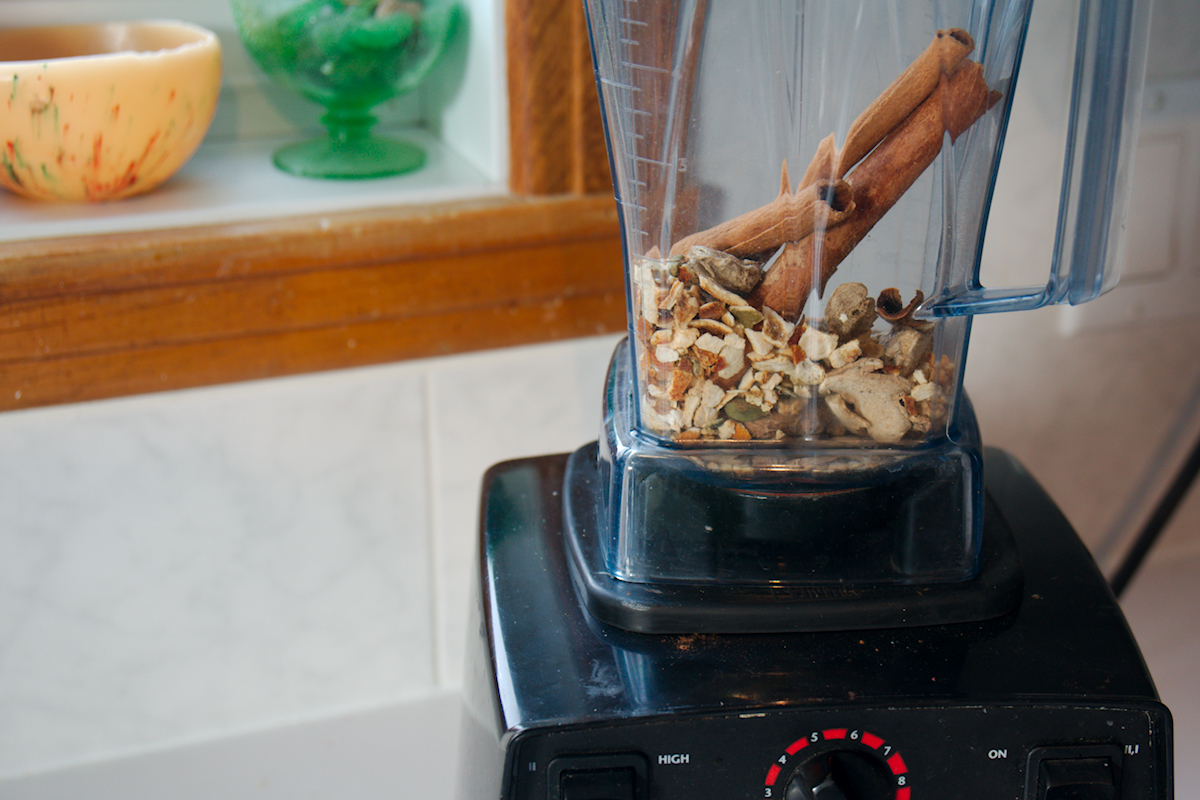
blending ingredients, see recipe download for instructions
I can't personally speak to the efficacy of this drink in reducing inflammation, lowering anxiety, or increasing immune system function. Though the ingredients have evidence to support those claims. I feel physically, mentally and emotionally well this winter (so far) but I don't credit any one thing.
What I can attest to, is that when it comes to anxiety specifically, I get the most benefits from meditation, developing a conscious awareness of my body's stress response, and engaging a toolkit of cognitive and contemplative practices. (Adding these to a routine that already included physical activity outdoors, decent diet, good sleep, supplements, etc.)
I see a lot of things through the lens of "how does this help or hinder anxiety" so I took that angle in writing this post. But really this is just a great warm beverage with some unique ingredients that can help support your health.
The benefits of brewing warm beverages in winter are as much about cultivating cosy rituals (these days, we call that hygge) as they are about mixing up the right combination of herbs.
And perhaps those rituals, and the other ways we care for ourselves, carry the most health and anxiety-fighting benefits of all.
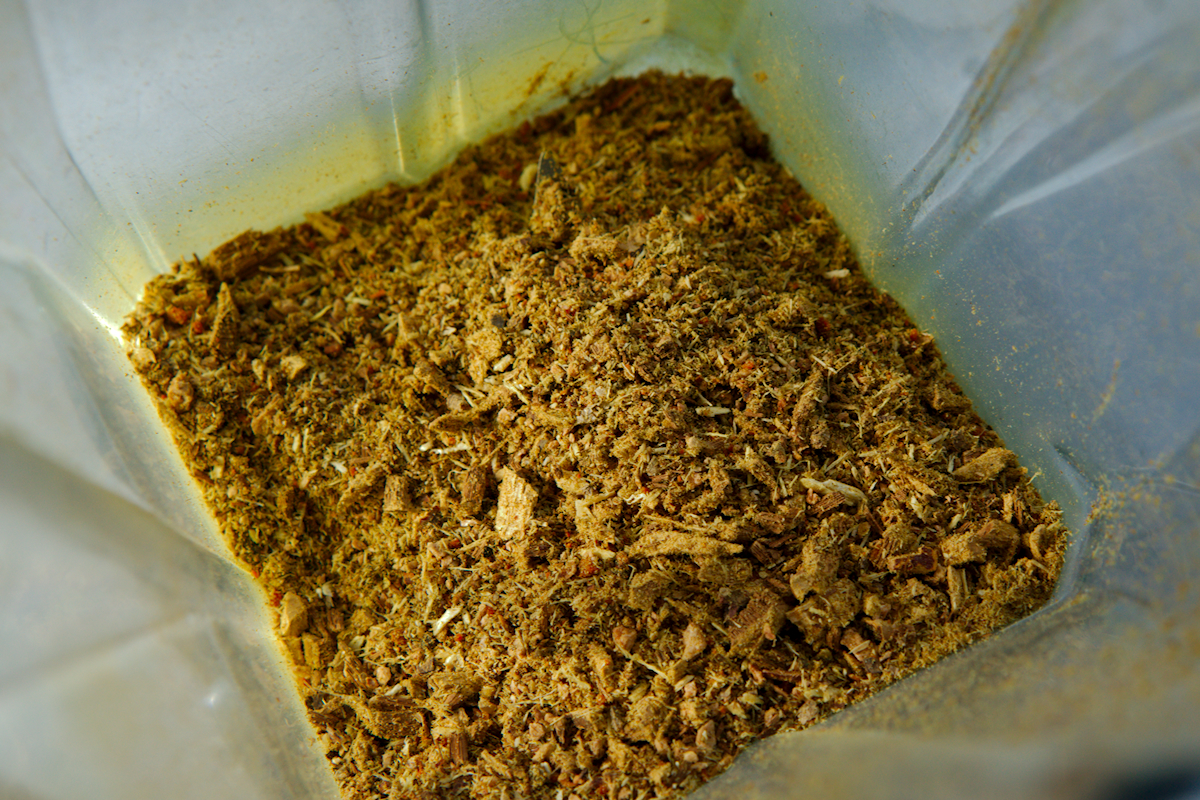
consistency of mixed blend of herbs, spices, and 'shrooms
You can enjoy this chai regardless of whether or not you're looking for an immune system and anxiety supporting winter beverage. But some of us need all the help we can get!
What's up with all the weird ingredients?
Astragalus, Chaga, Rhodiola, and Reishi are all adaptogens.
According to Rosalee de la Forêt, one of my favorite herbalists, "Astragalus root is a supreme herb for the immune system and an adaptogen, an herb that helps build and restore overall health to the body." Click here to find a free pdf download of the Astragalus chapter from her book Alchemy of Herbs.
Chaga is a mushroom and like many adaptogens, has been known and used in folk medicine for thousands of years. Chaga is local to my corner of the world (and many other places.) For a fabulous introduction to chaga, how to harvest, and great recipes, as well as all things to support a cozy winter, I recommend Heather Bruggeman's self-paced Hibernate course.
Rhodiola is an herb used for stamina, immune support, stress relief and more.
Reishi is another mushroom with many purported benefits. Most important to me in this context are its anti-inflammatory, immuno-modulating, and hormone balancing effects.
An ingredient I didn't use in the recipe but you could add, or swap out for reishi, rhodiola, or chaga is cordyceps mushroom.
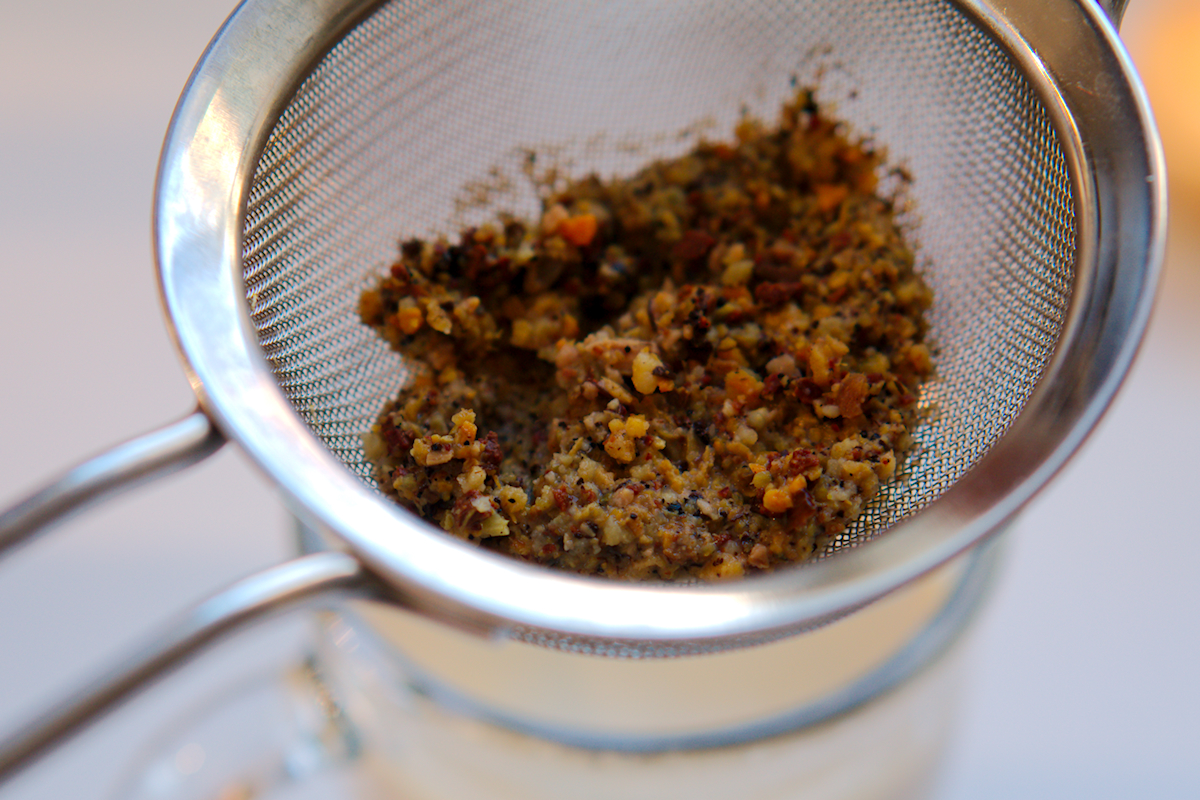
Regardless of the weird ingredients above; the seeds, roots, and bark in this recipe are warming (literally spicy), immune system supporting, and anti-inflammatory. The tumeric specifically in this recipe makes this chai another type of golden milk preparation.
Every ingredient in here packs some kind of immune-supporting, anti-inflammatory, or adaptogenic punch.
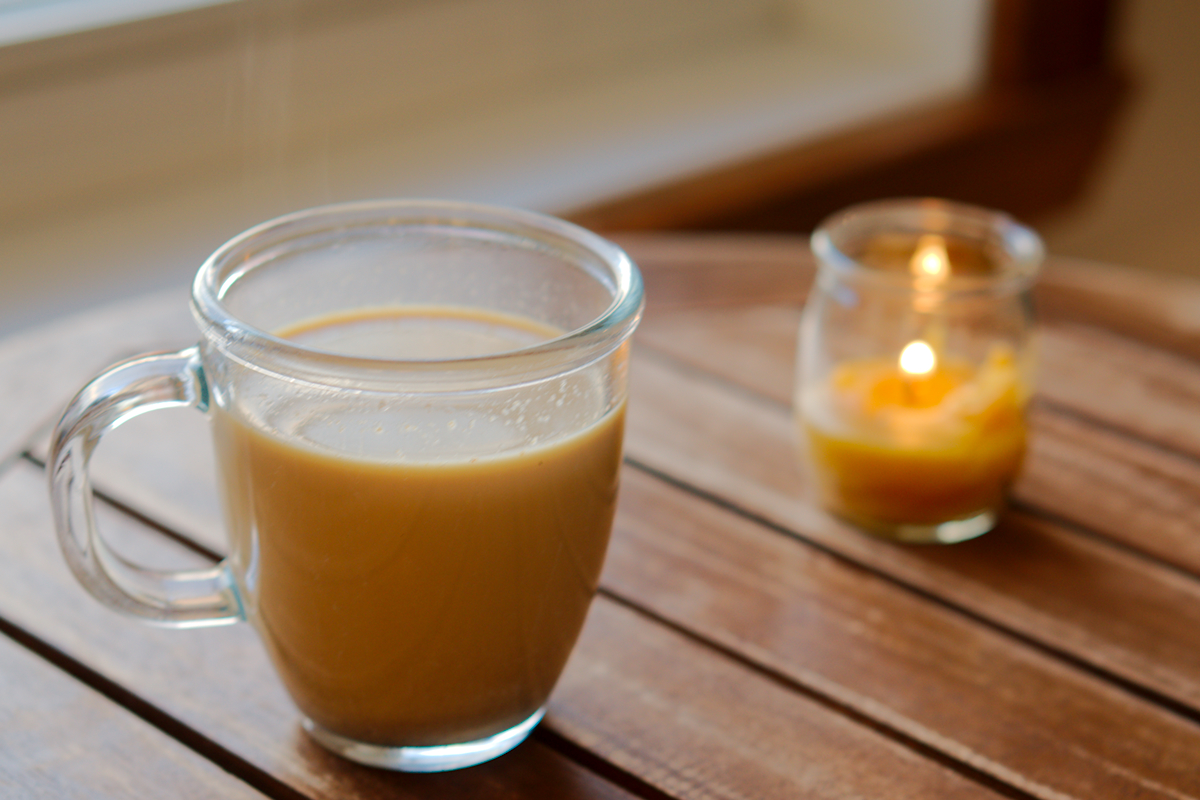
I'm hoping to re-visit the topic of anxiety in my writing this winter and early spring. Talk about what happened after last summer's spike (no, I never did find a therapist, but I found something better!), how I keep learning and growing as I listen to my body in this area.
For now I offer you this chai recipe, finally.
I am not a certified herbalist, nutritionist, medical practitioner, or therapist. The information presented in this is for informational, reference and educational purposes only and should not be interpreted as a substitute for diagnosis and treatment by a health care professional.
Filed Under
Resource Library
You can subscribe to comments on this article using this form.
If you have already commented on this article, you do not need to do this, as you were automatically subscribed.


